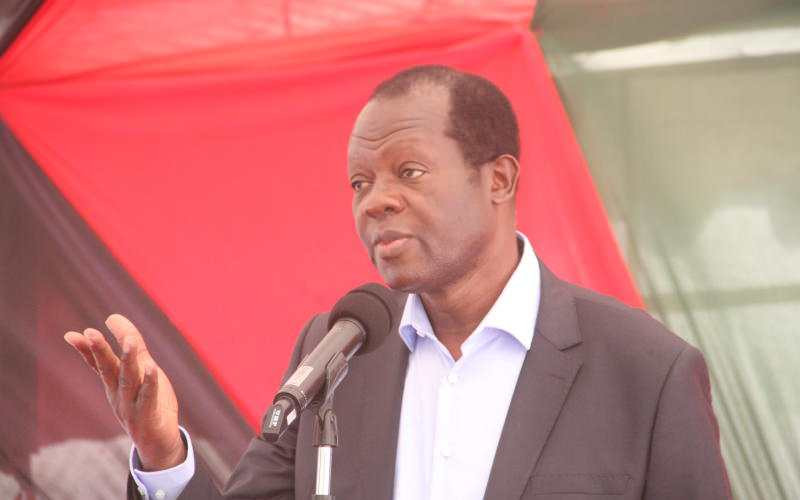×
The Standard e-Paper
Stay Informed, Even Offline

Eveline T. Feteris, a legal scholar, in her text, Fundamentals of Legal Argumentation: A Survey of Theories on the Justification of Judicial Decisions, makes a valid point: 'everybody, (including judges) who advances a legal standpoint and wishes this standpoint to be accepted by others, will have to present justifying arguments.'